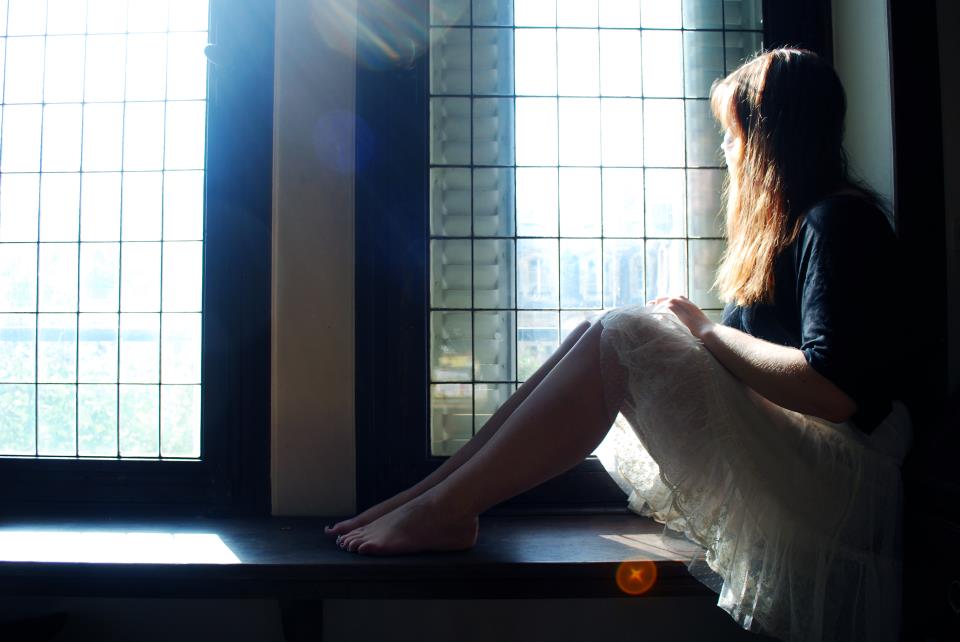According to Wikipedia, "An au pair is a domestic assistant from a foreign country working for, and living as part of, a host family. Typically, au pairs take on a share of the family's responsibility for childcare as well as some housework, and receive a small monetary allowance for personal use." And that's basically what it is.
Au pairing can generally be divided into two distinct categories from what I've seen. In the more traditional sense, an au pair lives with a family as a family member of sorts to learn the language and customs of another culture. In recent years, and especially in larger cities where families will rent a separate apartment for their au pairs, many have also become more of a nanny figure than a family member, which provides a different experience. I'll be covering the live-in vs. live-out in a later post.
The Work
Obviously, the duties of childcare will vary from family to family, but an au pair can generally expect to take their children to school and watch the kids in the afternoons and evenings after school, either playing with them, taking them to after-school activities, or supervising them as they do homework, depending on their age. Wednesdays used to generally consist of all-day childcare, as French schools were closed or only open half a day in order to allow the children to have extra time to focus on activities (a few hundred years ago when the law was made, it was so students could study their catechism, but now most play soccer or whatever). However, education reform that was passed late last year changed that, in order to give the French more of an advantage in their education. (It kind of sucks for me though, I was lucky enough to have Wednesdays off, so I'll be losing my sleep-in-and-catch-up-on-tv-for-8-hours day.) Many families want American/English au pairs who will be able to help teach their children English from a young age.
As the contract allows up to 30 hours of work per week, some families will ask that the au pairs do work outside of the childcare hours to make up for it, either by a few nights of babysitting each week, or helping out with household chores such as laundry, vaccuming, washing dishes, etc. Some families will be very strict with meeting the 30 hours of work requirement a week, others are more lenient. If a family does ask that you work more than the 30 hours a week, they're generally required to compensate you, though this can get a bit fuzzy sometimes if you live with your family.
Au pairs also take French classes as part of their visa requirement, which take up to 10 hours a week.
The Compensation
By contract, an au pair is required to recieve the following-
- Lodging (either a private room in the house or their own apartment)
- Meals (either shared food with the family, or food/additional grocery money provided by the family, for those living on their own)
- Pocket money
- Coverage through their health insurance
Although not required, many families offer their au pairs one, or both, of the following-
- A Navigo pass for the Paris area (generally given, required if the au pair uses public transit to take the kids to/from school)
- Partial or full compensation for French language courses
Vacation time and compensation can vary, so for that it would be best to discuss with prospective host families. However, if an au pair chooses to go on vacation with their family, it should be discussed and agreed on beforehand if the au pair will be going as a family member (which means no work other than helping to set the table at dinner or clean the summer home because you're a guest of the family and being provided with an awesome opportunity to vacation in the French countryside) or as an employee (child-wrangling during the evenings as the parents dine at 5 star restaurants on the French Riviera or cleaning the sauna of their chalet in the Alps with a toothbrush). If the au pair is going as a family member and not doing any actual work, it is generally considered an unpaid vacation. But if the family is going to be expecting you to work, an agreed upon amount should be paid.
If you're considering being an au pair, these are some questions that you should ask yourself-
- Do I like children enough and have the patience to work with them for up to 30 hours a week? (I know a lot of au pairs who came to Paris and realized that kids get on their nerves quite a bit, but they're stuck with it for a year.)
- What age of children am I most comfortable with? How many children is my maximum limit?
- Will I want to live with a family, or on my own? (I'll be discussing this later on.)
- Will I be able to go a year without seeing friends, family, or my hometown?
- How will I react if my family is absolutely unbearable? (Something to consider, given that you'll be pretty much on your own in a foreign country and tied to a job that might make you miserable. I've had friends who have dealt with the situation in various ways, though it's never something I've experienced.)
I hope that this does a well enough job of explaining the basics of au pairing. Are you thinking of becoming an au pair? Are you already an au pair and think that I've missed something crucial? What other topics would you like to hear more about?


No comments:
Post a Comment